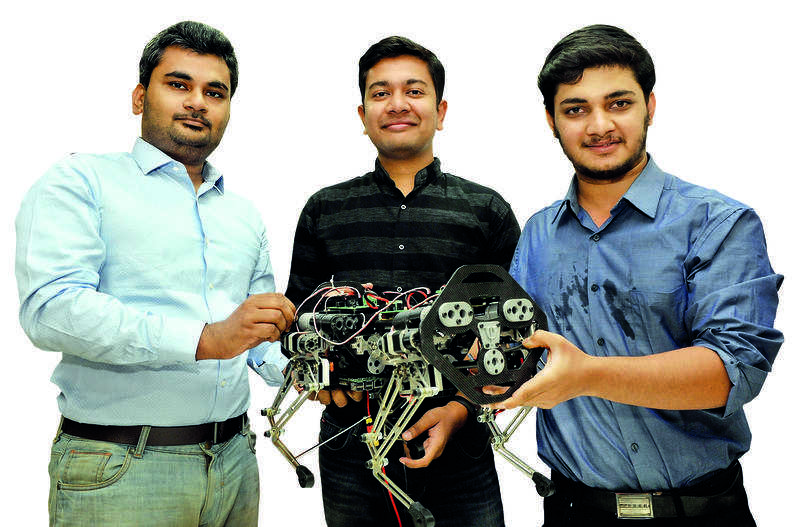Two-thirds of investors believe today’s private-sector leadership is unfit to handle future challenges. That sobering statistic comes from a survey done by consulting firm Korn Ferry as part of a larger study on whether leaders have qualities that will allow them to handle challenges in coming years and decades.
“A majority of leaders can’t make decisions, take smart actions quickly enough, motivate people effectively, or build trust — all of which is needed to ensure their organization’s survival into the future,” Korn Ferry said in a statement on release of the report.
According to the survey, 67 per cent of investors believe the current leadership stock isn’t fit for the future. At the country level, the figures were 82 per cent in China, 70 per cent in the US, with Singapore coming in at 51 per cent. “Investors are looking at, ‘Who can tell me the growth story I want to believe?’” Dennis Baltzley, Korn Ferry’s global solution leader for leadership development, said in an interview from the US on Wednesday.

“They care about the talent and the bench” of upcoming leaders, he said. The survey had 795 investor and analyst participants from 18 markets globally, and included people from firms with at least $1 billion in assets under management. About two-thirds of the top 400 money managers by assets took part in the research, Korn Ferry said.
What can corporations do to make sure their executive maintain investor confidence and are prepared to handle future challenges? “We have to be a little more disruptive,” Baltzley said. “Energise, manage information flow. Let people have a place to be heard. There’s a theme of care, positivity and optimism that these leaders bring when they’re doing it right.”
Source: https://www.business-standard.com/article/management/investors-feel-today-s-ceos-not-fit-to-handle-tomorrow-s-tasks-study-119031401180_1.html (Accessed on 16 March, 2019)




